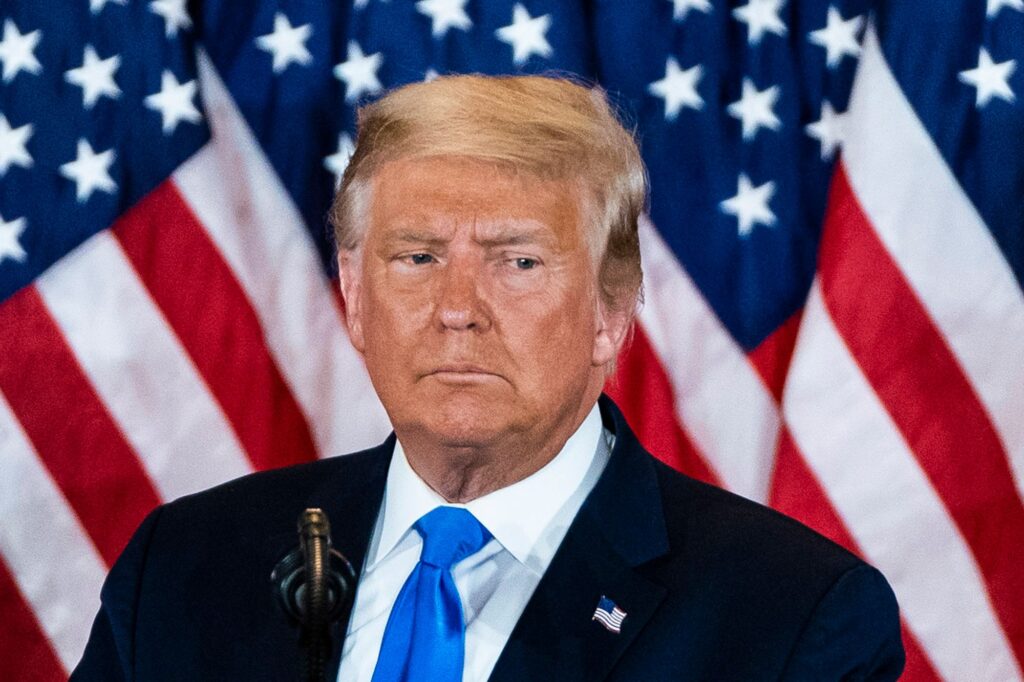… Says ‘We Won’t Be A Dumping Ground
The Federal Government has alleged that the recent reduction in U.S. visa validity for Nigerians may be connected to Nigeria’s refusal to accept deported Venezuelan prisoners and illegal immigrants from the United States.
Minister of Foreign Affairs, Yusuf Tuggar, made this disclosure during an interview on a private Television on Thursday, claiming that the United States, under the administration of former President Donald Trump, had mounted sustained pressure on African nations, including Nigeria, to receive Venezuelans being deported — some of them former inmates.
“The U.S is mounting considerable pressure on African countries to accept Venezuelans to be deported from the U.S., some straight out of prisons,” Tuggar said. “It will be difficult for Nigeria to accept Venezuelan prisoners.”
He emphasized that Nigeria has its own challenges to deal with and cannot serve as a dumping ground for foreign convicts.
“We have enough problems of our own. We cannot accept Venezuelan deportees to Nigeria for crying out loud.
We already have 230 million people,” the minister said in a strongly worded response, referencing a 1990 rap lyric by Public Enemy: “Flavour Flav has problems of his own, I can’t do nothing for you, man.”
Tuggar’s comments came amid public speculation that the U.S. government’s decision to slash Nigerian non-immigrant visa validity from five years to just three months was linked to Nigeria’s participation in the 2025 BRICS summit — a grouping that includes U.S. rivals Russia and China.
While he dismissed the BRICS-related claims as oversimplified, the minister suggested that Nigeria’s resistance to U.S. demands over the Venezuelan deportees could be a more plausible explanation for Washington’s toughened stance.
The U.S. State Department had recently adjusted the visa policy for Nigerians, cutting the previously approved five-year multiple-entry visas down to single-entry visas valid for only three months — a move that has drawn widespread concern among Nigerian travellers and international mobility experts.
The Nigerian government has yet to confirm whether formal diplomatic engagements are ongoing with the U.S. over the matter.
However, Tuggar’s statement is the clearest indication yet that bilateral immigration and foreign policy tensions may be driving the sudden visa policy shift.
Do you want to share a story with us? Do you want to advertise with us? Do you need publicity for a product, service, or event? Contact us on WhatsApp +2348183319097 Email: platformtimes@gmail.com
We are committed to impactful investigative journalism for human interest and social justice. Your donation will help us tell more stories. Kindly donate any amount HERE




